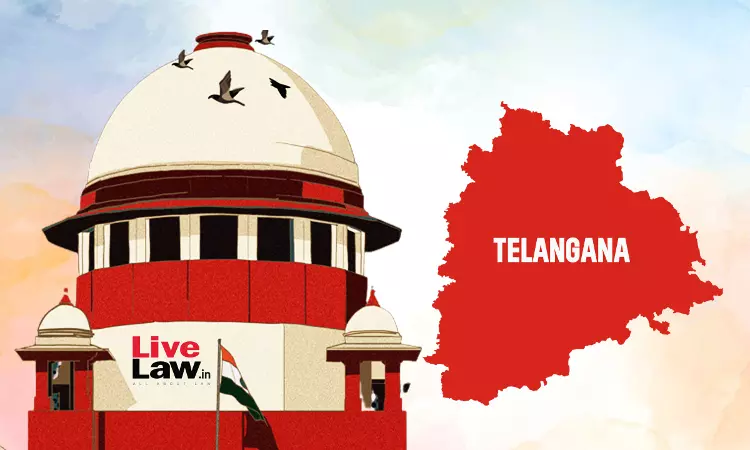The Supreme Court on Monday (September 30), while hearing the issue pertaining to the Telangana Local Quota Rule for MBBS Admissions, suggested to the State of Telangana to consider if the new criteria (four years continuous study and passing the qualifying exam in Telangana) could be applied from the next academic year.During the hearing, the State also said that it was considering revoking...

